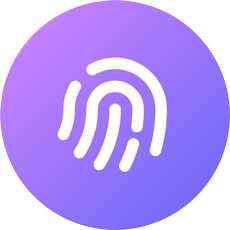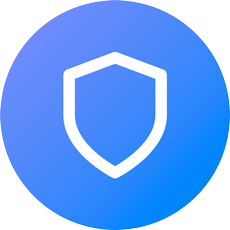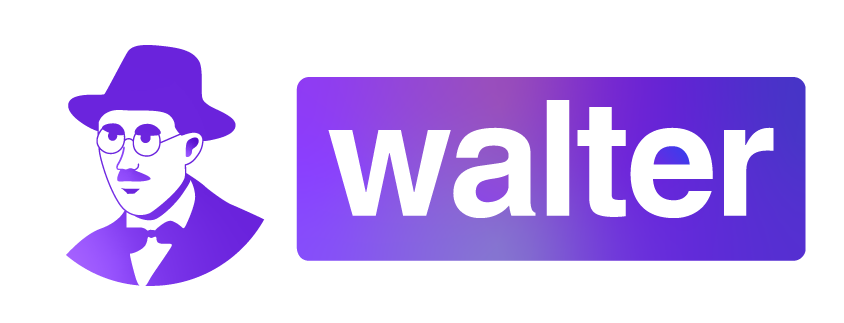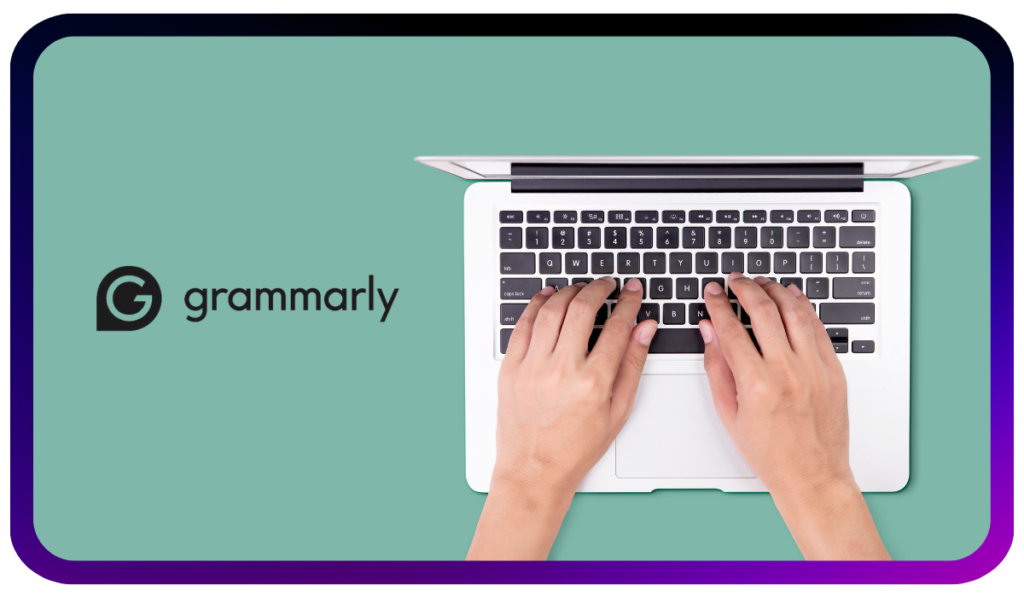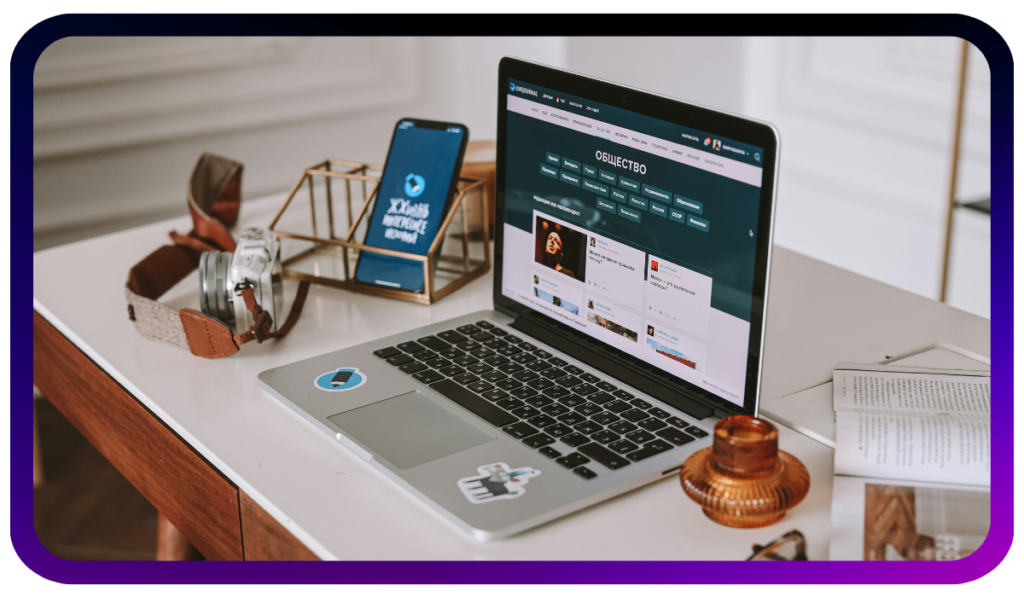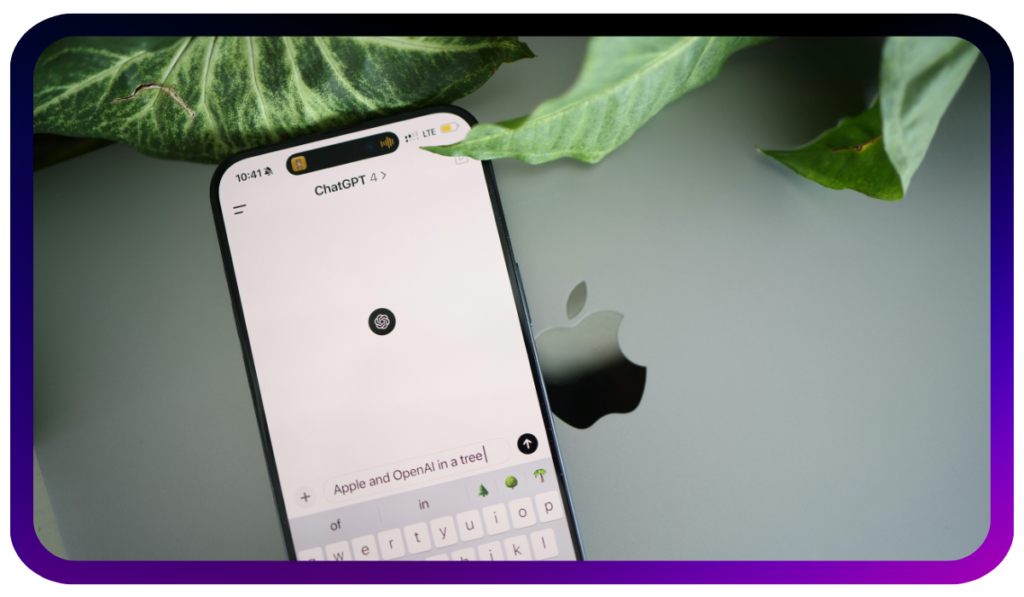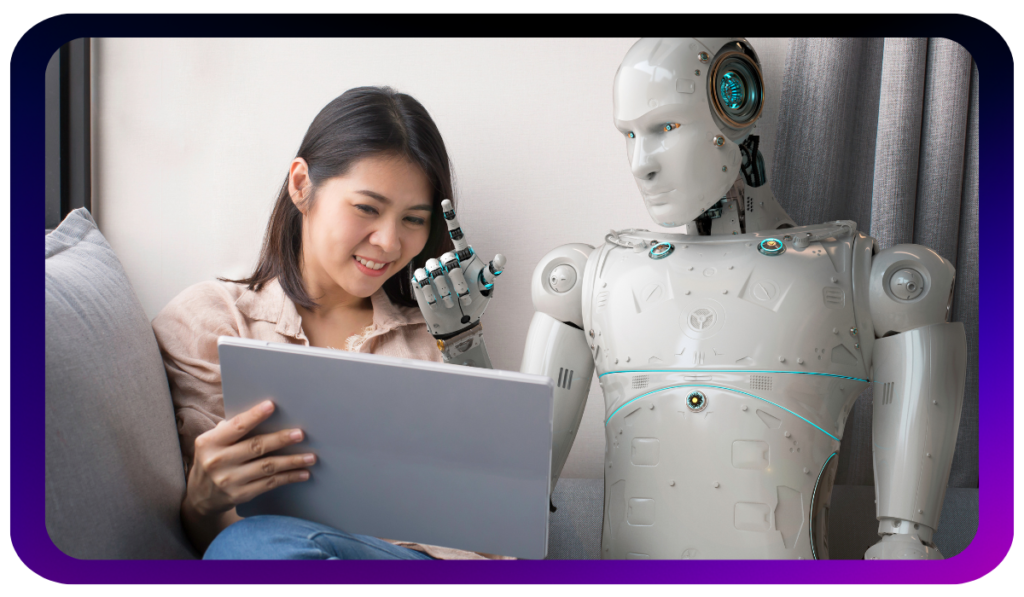More and more people are using AI to help write their cover letters. Tools like ChatGPT make it easier to put together something polished and professional. But is it a good idea?
Can recruiters tell when it is written by AI? Do companies actually care?
In this article, we’ll break down the pros and cons, how to use it the right way, and what you can do to make sure your application stands out.
Should You Use AI to Write Your Cover Letter?
The Rise of AI in Job Applications
The job market is changing, and so are the tools that job seekers use. AI writing tools do the work in minutes — programs like ChatGPT, Jasper, and CoverDoc can craft a cover letter in a polished way. But as the use of AI grows, recruiters and human resources departments are now adopting AI detection tools to scan applications for AI-generated material.
AI tools are created to help their users by writing content like a pro, cleanly and concisely, but cannot provide the personal touch and individuality that recruiters typically seek.
Lots of job seekers use AI as a starting point, tweaking what it generates to feel more personal and genuine. The convenience doesn’t go unnoticed, and hiring managers appreciate originality — tweaking a name and job title in an impersonal cover letter can signal that you don’t have a genuine interest in the role.
Pros & Cons
| Pros | Cons |
|---|---|
| Saves time and effort | AI-generated content may lack originality |
| Ensures proper grammar and structure | Recruiters may detect AI-written text |
| Helps overcome writer’s block | AI may produce generic or robotic language |
| Can be customized with human editing | Some employers prefer authentic, human-written content |
| Assists non-native English speakers | Risk of AI-generated text being flagged as low-quality |
Can Recruiters Detect AI in Cover Letters?
AI detection tools analyze text structure, predictability, and formatting to determine if content was AI-generated. Recruiters may use these tools alongside Applicant Tracking Systems (ATS) to filter applications. These tools look for unnatural phrasing, excessive predictability, and robotic patterns that indicate AI-generated text.
AI cover letter checkers often examine elements such as:
- Repetitive sentence structures that AI tools tend to generate.
- Overuse of certain words or phrases that lack variation.
- Unnatural tone or excessive formality, which doesn’t match the applicant’s usual writing style.
- Lack of personalization, indicating that the cover letter wasn’t specifically tailored to the company or job.
To make sure your AI-written content is undetectable, check out this AI humanization tool.
Do Employers Check Job Applications?
Some firms have zero tolerance for AI-written cover letters; some care more about the content and not the source. Employers that heavily use AI detection could flag applications generated by AI, especially if they have a generic or unnatural appearance. Well-crafted, tailored cover letters, even if generated via AI, are less likely to raise concerns.
Most recruiters are also using an Applicant Tracking System (ATS) to sort through thousands of resumes and cover letters by keywords.
Although AI-written content can be optimized for ATS, it may lack authenticity, which will be recognized by human reviewers. Some employers who value creativity and effort in applications may see AI content as a red flag and reject it.
Can AI-Generated Cover Letters Pass Human Review?
While AI-generated cover letters can be effective, they often contain unnatural phrasing that recruiters can spot. A well-personalized and edited AI-assisted cover letter stands a better chance of passing human review.
Adding specific details about the company, role, and personal achievements can make the letter sound more authentic and engaging.
One of the biggest challenges with AI-generated cover letters is their tendency to sound too polished yet impersonal. Many AI-generated cover letters lack depth, making it difficult for applicants to stand out. Employers value applicants who demonstrate enthusiasm, research, and a clear connection to the company’s mission.
By adding personal insights and real-life examples, job seekers can increase their chances of impressing hiring managers.
How to Use AI for Cover Letters Without Getting Caught
Best Practices for Humanizing AI-Generated CV
- AI is the beginning, not the end.
- Include personal accomplishments and company-specific information.
- Provide examples that are specific to the job. So, read the letter out loud to find robotic or stiff wording.
- Read the letter out loud to find robotic or stiff wording.
- Adjust the tone to make it sound authentic and engaging.
Editing AI Cover Letters for a Natural, Personalized Touch
- Do not use generic phrases such as “I am passionate about…”
- Tailor your tone to match the culture of the company and the job description.
- Try not to be too formal, just like you would talk.
- Check for repetitive structures that could have been generated by AI.
- Include some specifics about your experience that AI could miss.
Editing AI-generated text is crucial to making your application stand out. Many AI tools rely on templates and standard phrasing, making it essential for job seekers to add their personal voice and insights. By refining sentence structure, incorporating real-life examples, and tailoring the content to the job description, applicants can ensure their cover letters don’t seem AI-generated.
How Walter Writes AI Helps Improve Your Cover Letters
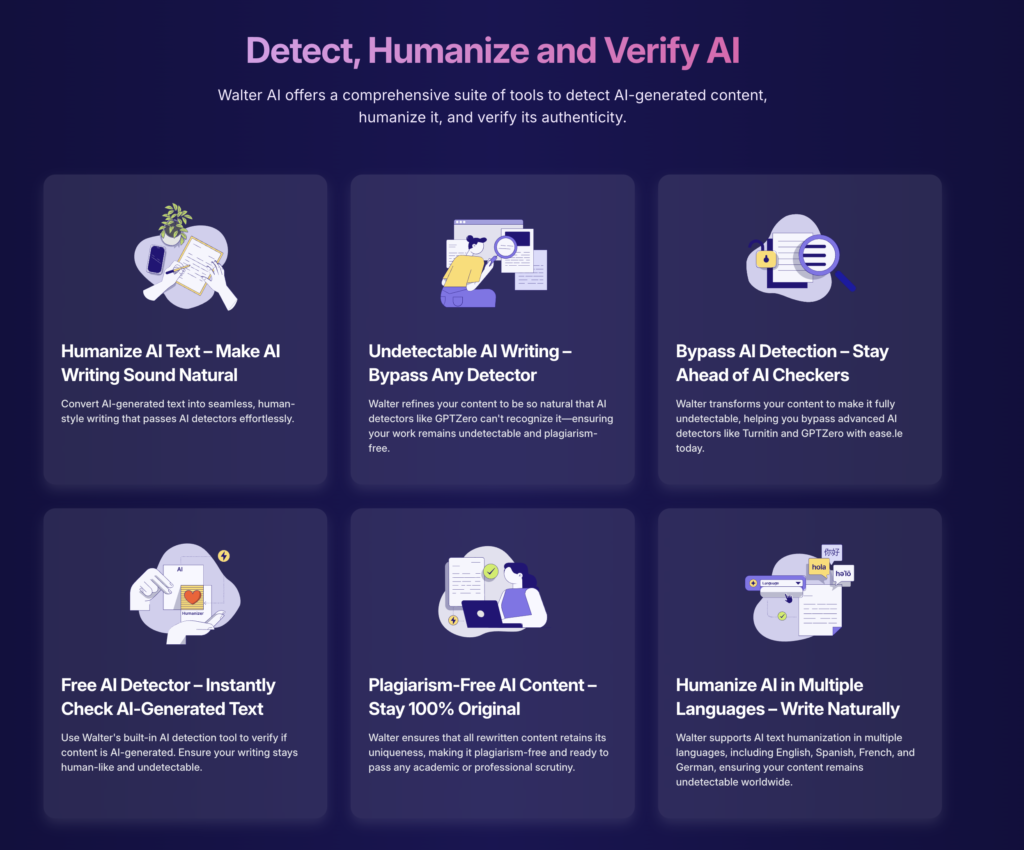
Walter Writes AI is an effective tool that improves AI cover letters, making them sound more organic and like something a recruiter would want to read. It boosts readability, makes the tone better, provides some human touch to AI-generated cover letters, and lowers the chances of being detected by AI too.
Features of Walter Writes AI:
- Refines AI-generated text to improve flow and authenticity.
- Enhances readability and professional tone.
- Adds personalization suggestions to make applications more engaging.
- Reduces robotic language, making it sound more human.
For job seekers who rely on AI-generated content, Walter Writes AI ensures that their applications meet employer expectations while maintaining authenticity.
Frequently Asked Questions (FAQ)
Yes, AI detection tools can flag AI-generated content if it’s not edited properly. Recruiters also use human judgment to spot robotic language and repetitive patterns.
Some companies use AI detection tools, while others focus on content quality. The importance of AI detection varies by employer.
You can use tools like Walter Writes AI, Originality.ai or GPTZero to see if your cover letter appears to be AI-generated.
Generate a draft with AI, then personalize and refine it to sound authentic and engaging.
Walter Writes AI ensures that AI-generated text is refined, natural, and recruiter-friendly, improving your chances of landing an interview.
Conclusion – Should You Use AI in Your Cover Letter?
All that said, cover letters written mostly by AI can still be hugely useful, though they will require significant human editing.
Authenticity is important for employers, and polishing AI-generated letters helps to enhance their effectiveness.
Regardless of whether you use AI or simply take inspiring information from it, uniquely and personalize your cover letter, keep it engaging, and your chances will get better.
Take Action: Use Walter Writes AI to humanize your AI-generated cover letter and boost your job application success!
